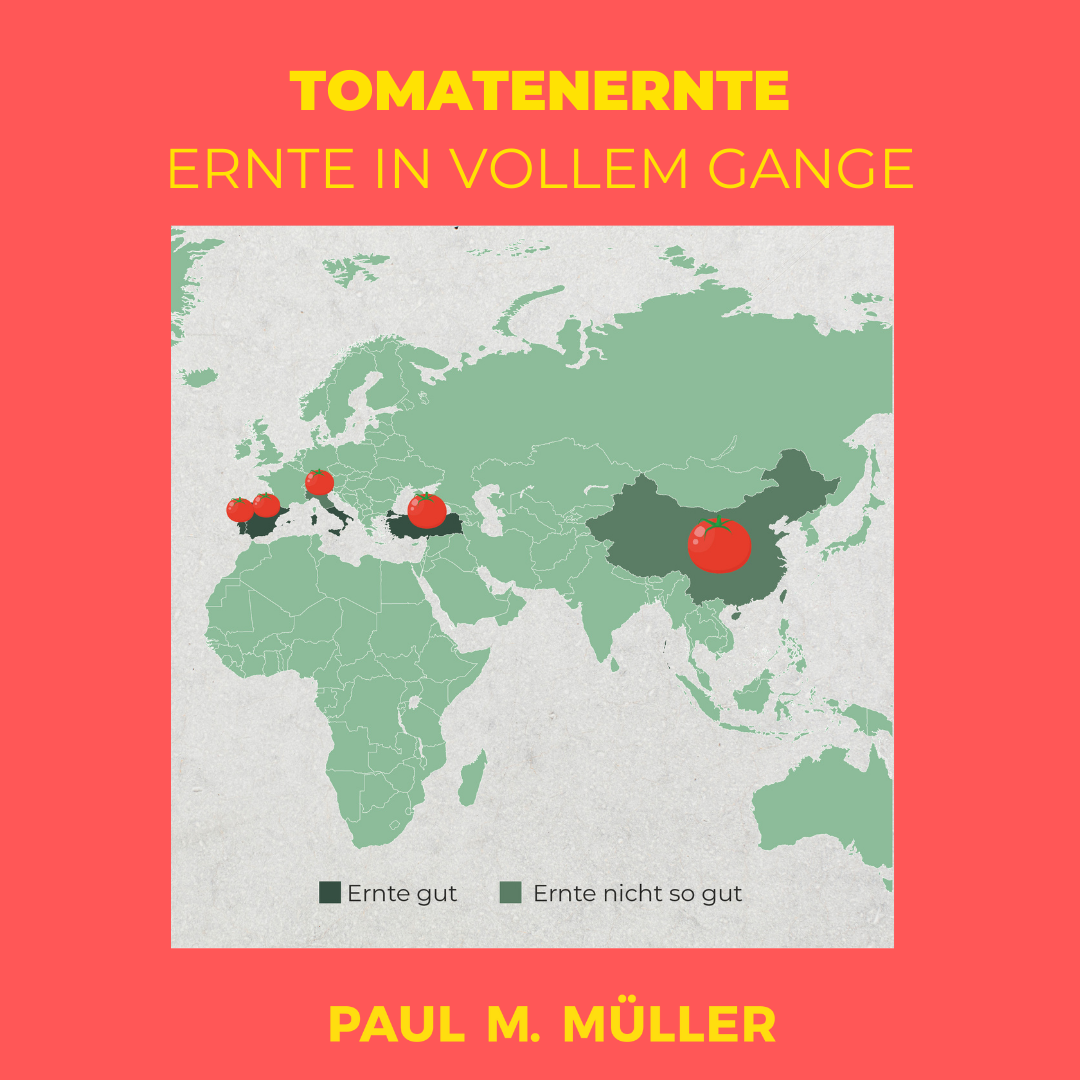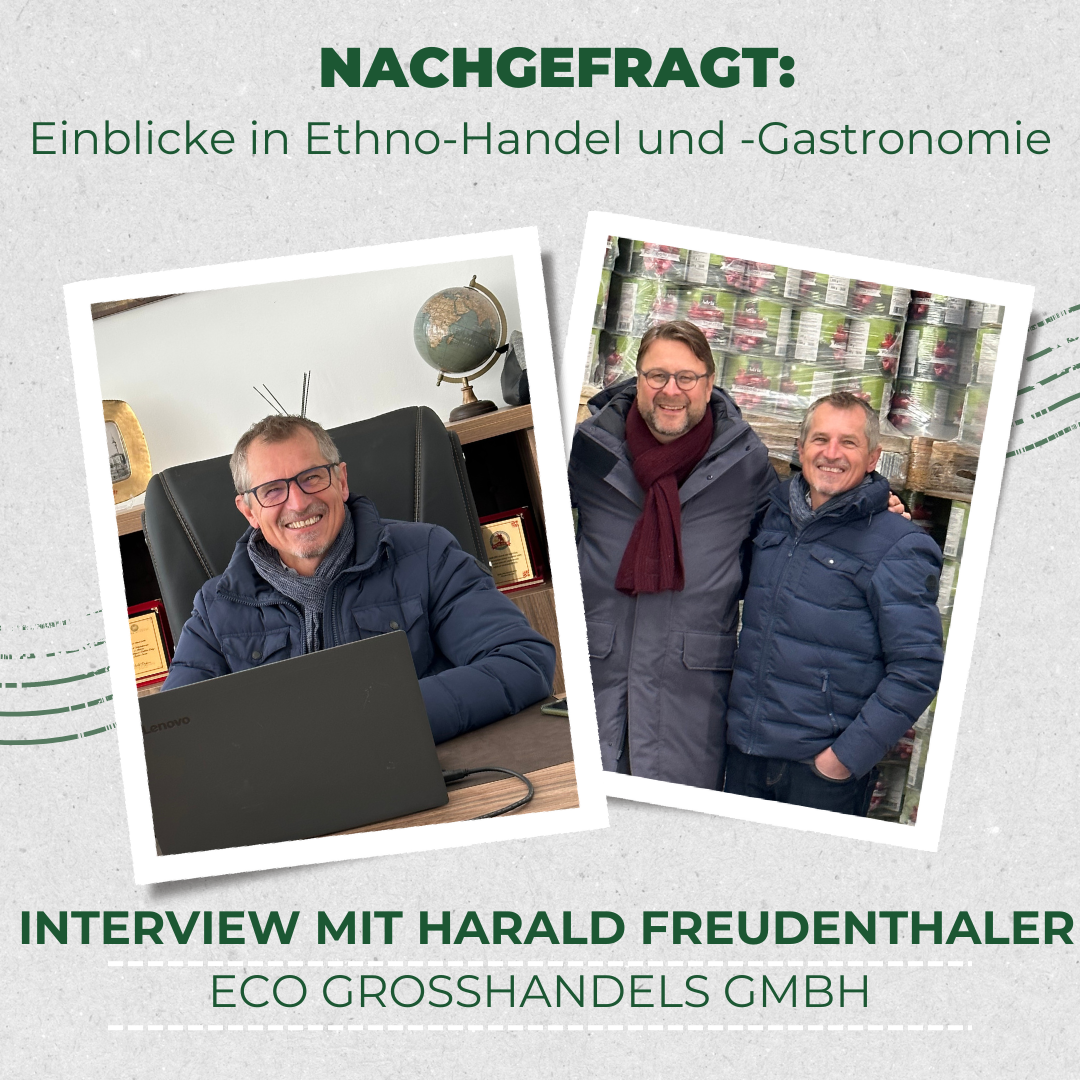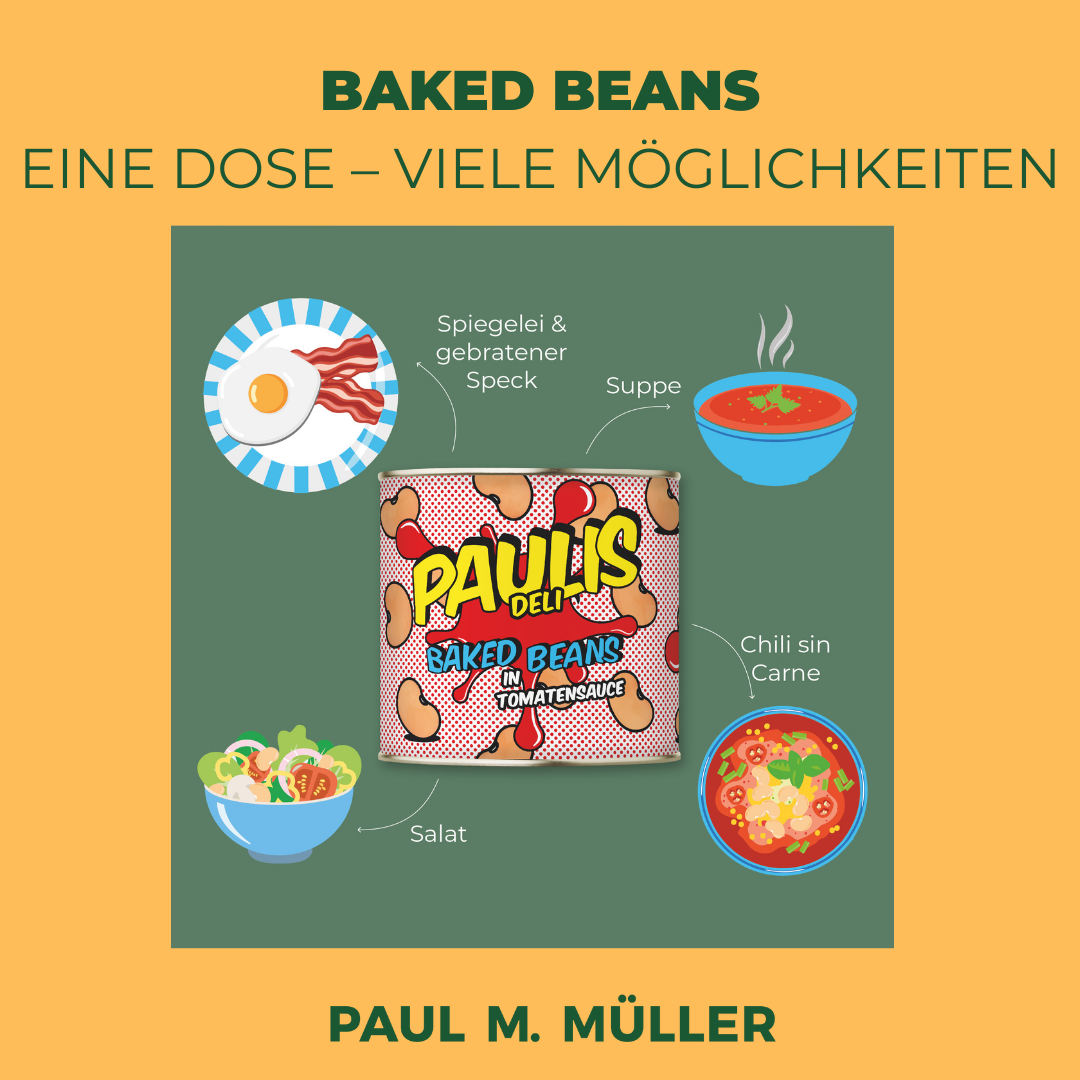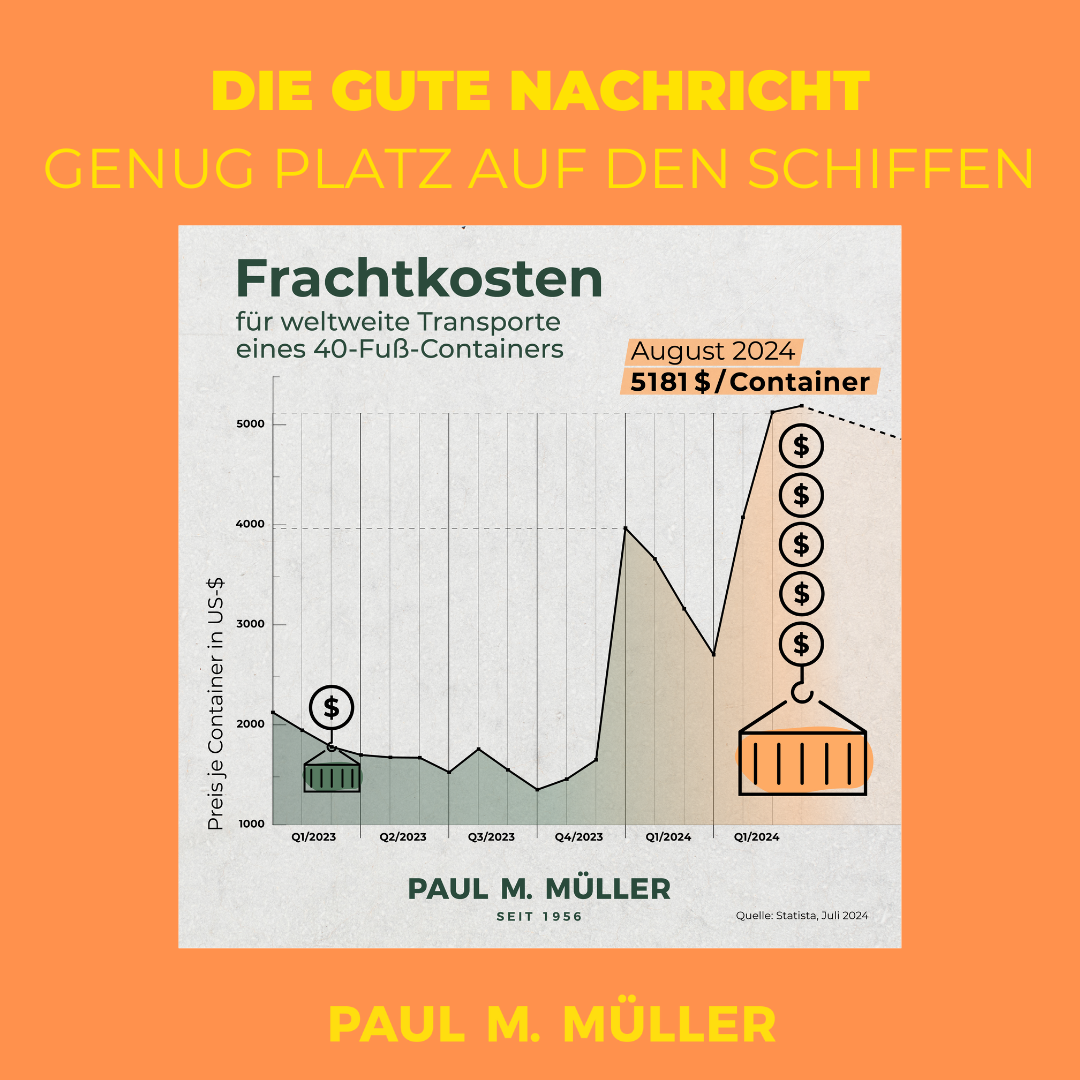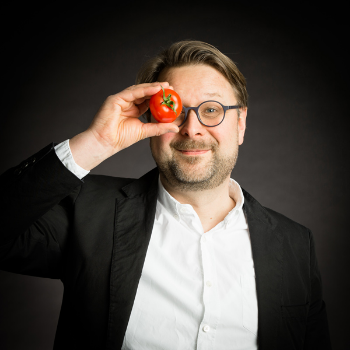PMM: Mr. Freudenthaler, why is the ADRIA brand so important in Austria?
We started distributing the ADRIA brand in Austria with Paul M. around 30 years ago. You have to know this: Here in Austria, the boom in pizzerias began in the late 1980s and early 1990s. Back then, the effort involved was very high and the Italian gastronomy industry was slowly rethinking its approach because it wanted to reduce the amount of work involved. At the time, the products involved a lot of work and manual labor, such as grating cheese or slicing salami or pepperoni. The problem was that these convenience products were not available on the market. Together with Paul M. Müller, he started an attempt to import mild and hot sliced pepperoni in jars. Back then, Thomas Schneidawind and his Turkish producer actually managed to realize their wish and deliver the first containers of sliced peppers to us. To this day, the ADRIA peppers are mild and spicy cut very well known and incredibly popular throughout Austria - still one of our best-selling ADRIA items.
PMM: What other examples are there?
When we started selling and positioning the ADRIA brand in Austria with all items for the Italian food service industry, pizzerias gradually realized that they could rely 100 percent on the quality and price. This attitude and the positive perception of the ADRIA brand have grown steadily in Austria since then and will continue to do so in the future.
PMM: How does a brand become a brand?
By having the confidence to list an unknown brand - that's how it was when we sold ADRIA products for the first time. It is also very, very important for a brand, especially in our industry, that the product has a very high recognition factor when it comes to visual presentation. A brand also becomes a good brand through the constant availability of goods. Nobody benefits from a great brand if it is not available. It is also important that a brand becomes a brand when the customer is happy with it. When they are proud of it and say: I only work with this brand.
PMM: How is your company planning logistics in Austria?
In and around Vienna and the neighboring provinces with own logistics. Everything concerning the ADRIA brand or smaller, medium-sized wholesalers with external logistics.
PMM: What are the major challenges in the ethnic market?
In my opinion, it is very important to understand the mentality and culture of our customers in the ethnic market. If you don't understand the people, then it simply won't work, because the ethnic customer reads and listens between the lines. Business talks are not just about business. If you manage to cultivate this special culture of conversation, you can not only build good business relationships, but also long-term friendships. Another point is the ordering system in this customer group. Most orders from ethnic customers are processed over the phone for the reasons mentioned above: We still talk to each other.
PMM: What are the top sellers of the ADRIA brand?
Tuna, corn and peppers. Tuna is the measure of all things for us. It is used for most dishes, such as tuna salads or tuna spread. Between 80 and 90 percent of the tuna I buy and sell goes straight onto the pizza. It's the same with corn. And with pepperoni anyway.
PMM: How important are strong partnerships like the one with Paul M. Müller for ECO Gastronomiebedarf?
Enormously important. I know that we cannot be successful in the long term without a strong partnership. A strong partnership is characterized by the fact that we believe in each other and work constantly to continue to be successful together. Our focus is not on the classic customer-supplier relationship, but on a customer-supplier relationship based on partnership. Thanks to many years of working together, I naturally know the entire team very well - I have great and competent contacts for every area and all my concerns. Even if something doesn't run smoothly, we stick together.
Thank you for the interview.
For space reasons, we have shortened the interview for the market report in some places. You can find the entire interview and many more with other interesting interviewees on our website.
About the person - Harald Freudenthaler
Harald Freudenthaler started out as a delivery driver in a four-man business in the early 1990s and later switched to field service. After holding various professional positions, he joined Gastro Profi in 2011, where he was a founding member, managing director and later an authorized signatory. He has been working for ECO Gastrohandels GmbH in Vienna (Austria) since 2022 and is in charge of purchasing and sales for ADRIA products.
 You can find out more about ECO Gastrohandels GmbH on our Partner site.
You can find out more about ECO Gastrohandels GmbH on our Partner site.

